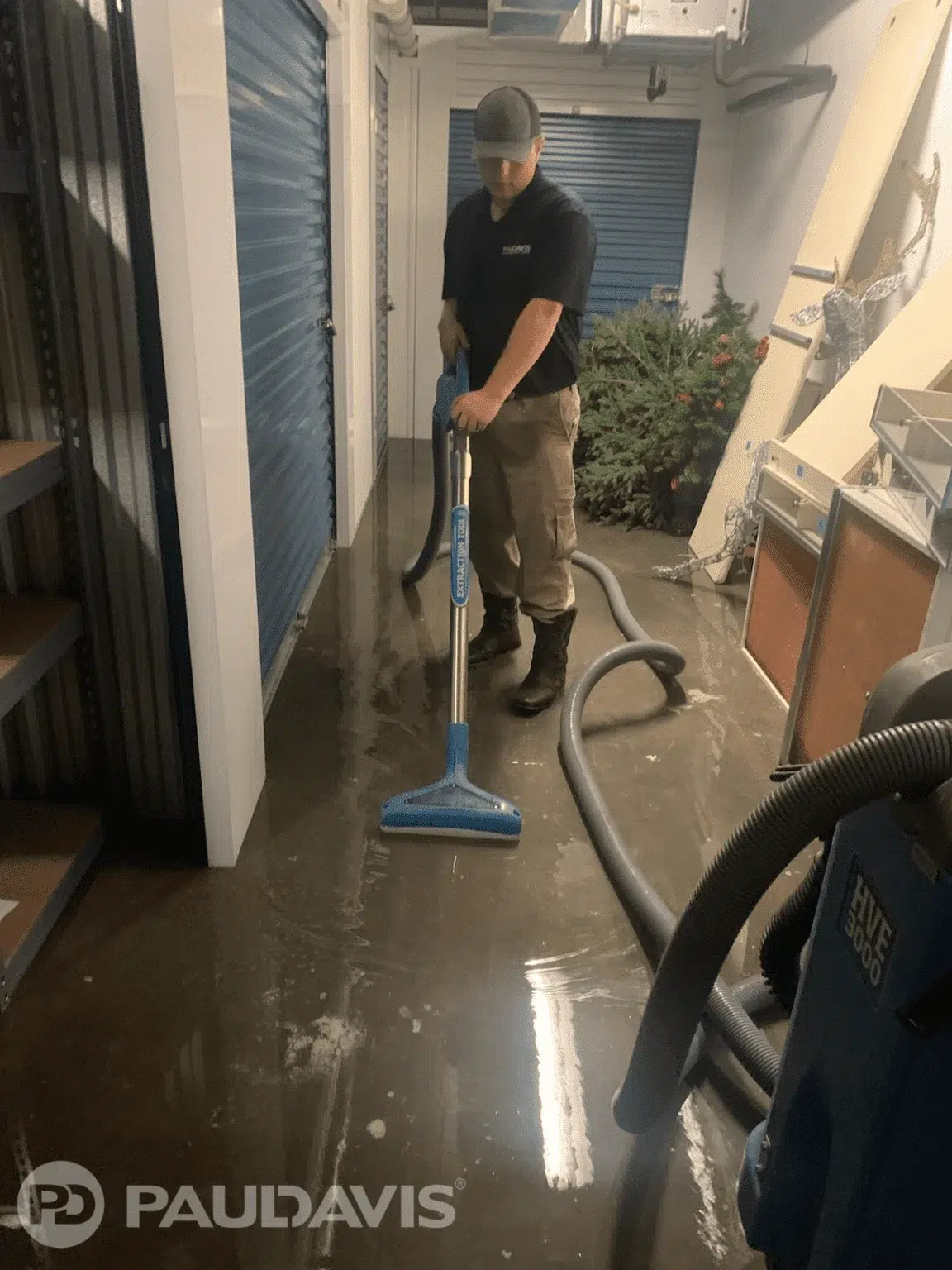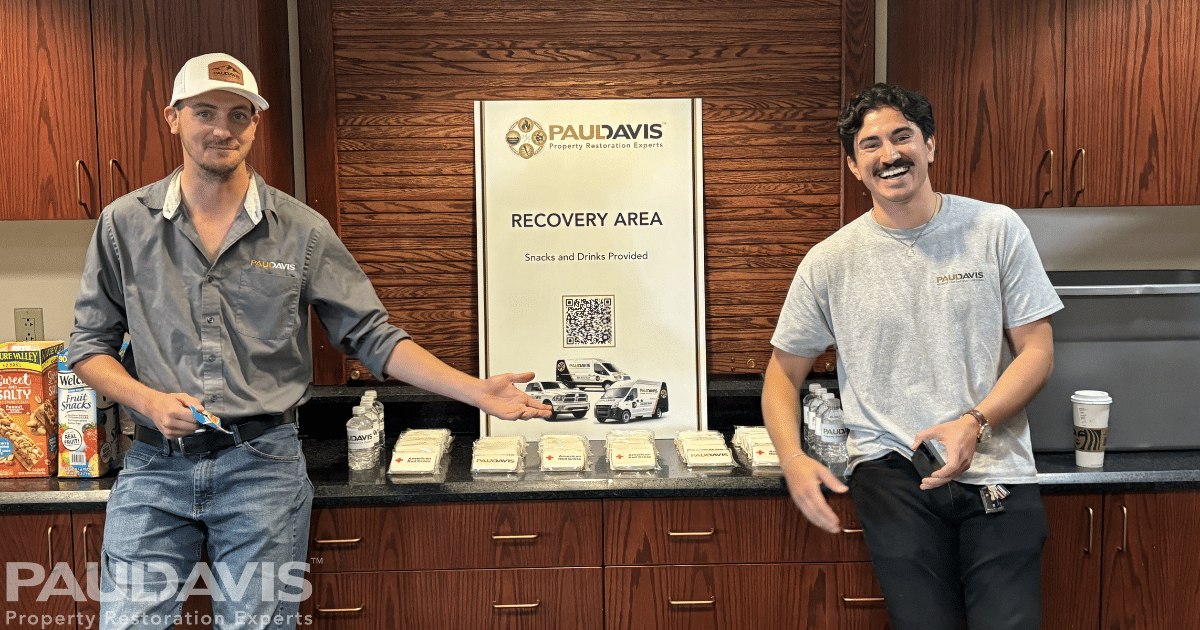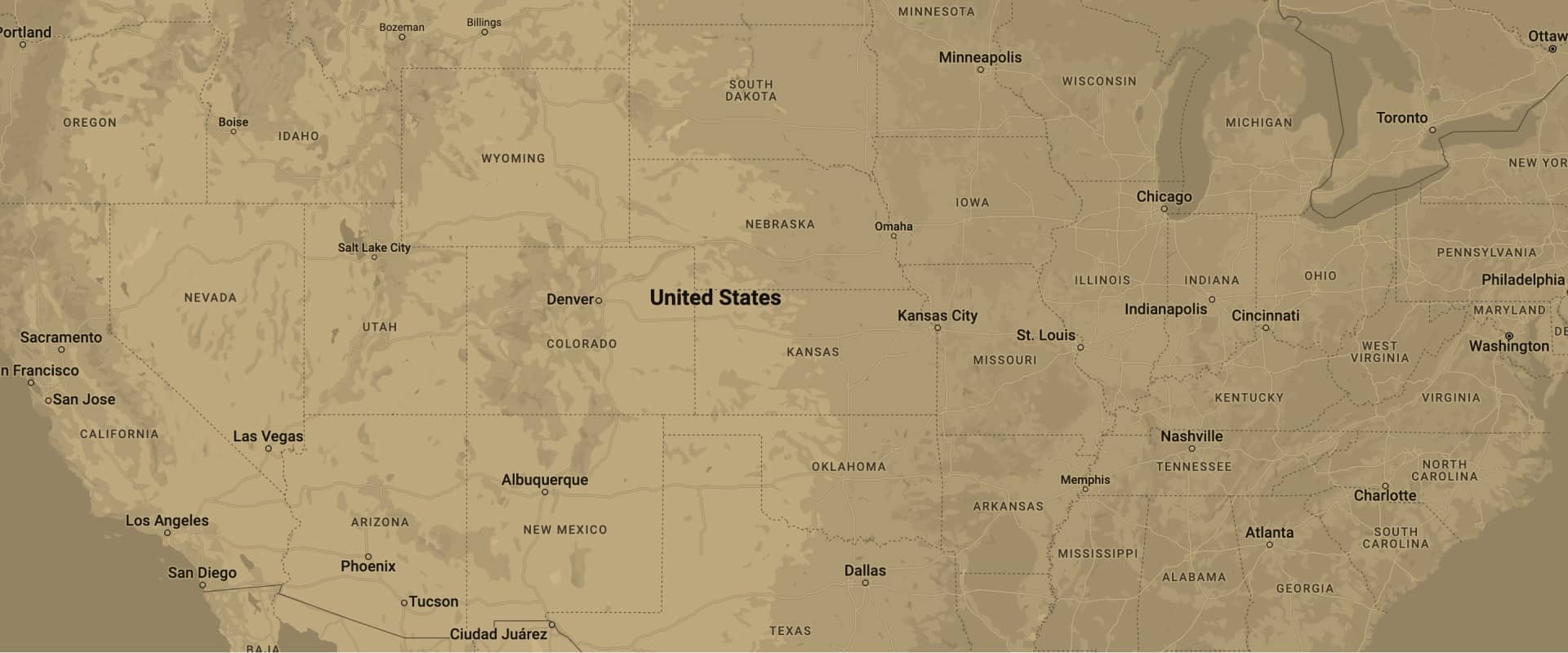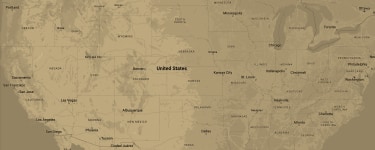
Did you know that masons soak bricks in water before building a wall? The reason is interesting: dry bricks suck water from the wet mortar, weakening adhesion and reducing mortar strength and cohesiveness. Soaking also helps prevent salts from leaching out and defacing the finished wall’s appearance with an unsightly white crust.
That’s the only home component that actually benefits from soaking. Shingles, siding, plumbing fixtures and the like endure it but most other construction materials quickly degrade when exposed to water for even brief periods: wallboard, insulation, wood, flooring and paint to name just a few.
“If water invades, homeowners must take smart, fast action to avert a damp and expensive mess,” says Bob Hillier, Paul Davis of Greater Houston, Texas. “We recommend steps that owners should take during and after a flooding event, even if the amount of water is small.”
During flooding:
- Turn off the main water switch if water is flowing from broken piping or a malfunctioning fixture.
- Turn off electricity to the flooded rooms at the breaker box if you can safely do so.
- Contact your insurance company to report the event and, if it’s safe to do so, take pictures and/or videos to document water damage.
- If it’s safe to do so, move possessions that are likely to be affected if left in place.
After flooding:
- Ask your insurance carrier what additional steps they advise. Many policies specify that you must make good faith efforts to prevent further damage from occurring after the initial emergency passes.
- If it’s safe to do so, remove standing water with a vacuum or pump made to handle liquids. Turn on fans, ventilation and air conditioning to reduce humidity.
- Ask your insurance carrier to recommend disaster recovery firms. Many carriers maintain a list of companies they trust to do this type of work in your area.
- Ask disaster recovery firms to inspect the damaged areas and provide detailed, written estimates and restoration schedules. No trustworthy company will rush your decision or discourage you from obtaining competing estimates.
- Interview disaster recovery firms to find out how they detect and treat mold as well as how they handle expensive, valuable or sentimental items if these have been affected.
“Finally, when the flooding is in the rearview mirror and your home is back to normal, review your policy to see if it met your needs for events like this one and speak to your agent to modify your policy if necessary,” Hillier says.











